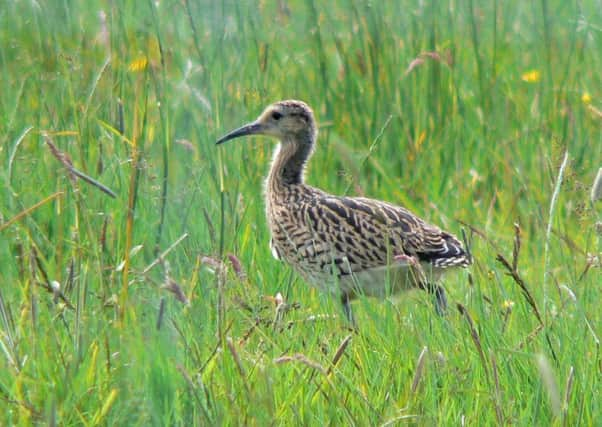Clock is ticking on £100m nature fund


If approval is not given, nature protection in Northern Ireland will take a major backwards step and we will start to see once common species disappear from the landscape.
The EFS, which is the predecessor of the Northern Ireland Countryside Management Scheme (NICMS), will be a key mechanism in helping improve the sustainability of the wider countryside.
Advertisement
Hide AdAdvertisement
Hide AdThe EFS is designed to encourage landowners to protect and enhance the environment on their farmland.
This means landowners will be funded to put in place measures which will support threatened breeding wader species such as curlew (pictured) and lapwing, seed eating species such as yellowhammer and linnet and important habitats like peatland.
John Martin, conservation team leader at RSPB NI, said: “Agri-environment funding is the only source of public money that is improving the sustainability of the wider countryside.
“This scheme has already faced several stumbling blocks, and it’s vital it gets over this current hurdle before it is too late. The current situation is unacceptable, unsustainable and flies in the face of all the hard work many farmers have being doing in since NICMS ended.”
Advertisement
Hide AdAdvertisement
Hide AdHe added: “The EFS not only puts measures in place for species and habitats but also has the potential to benefit people and places.
“For example through protective measures against water pollution in high risk areas, and planting trees in the right places to help with climate change.
“Agri-environment has proved to be value for money across the UK and Europe in the past, and it will remain a vital part of the Common Agriculture Policy, with or without the UK.”